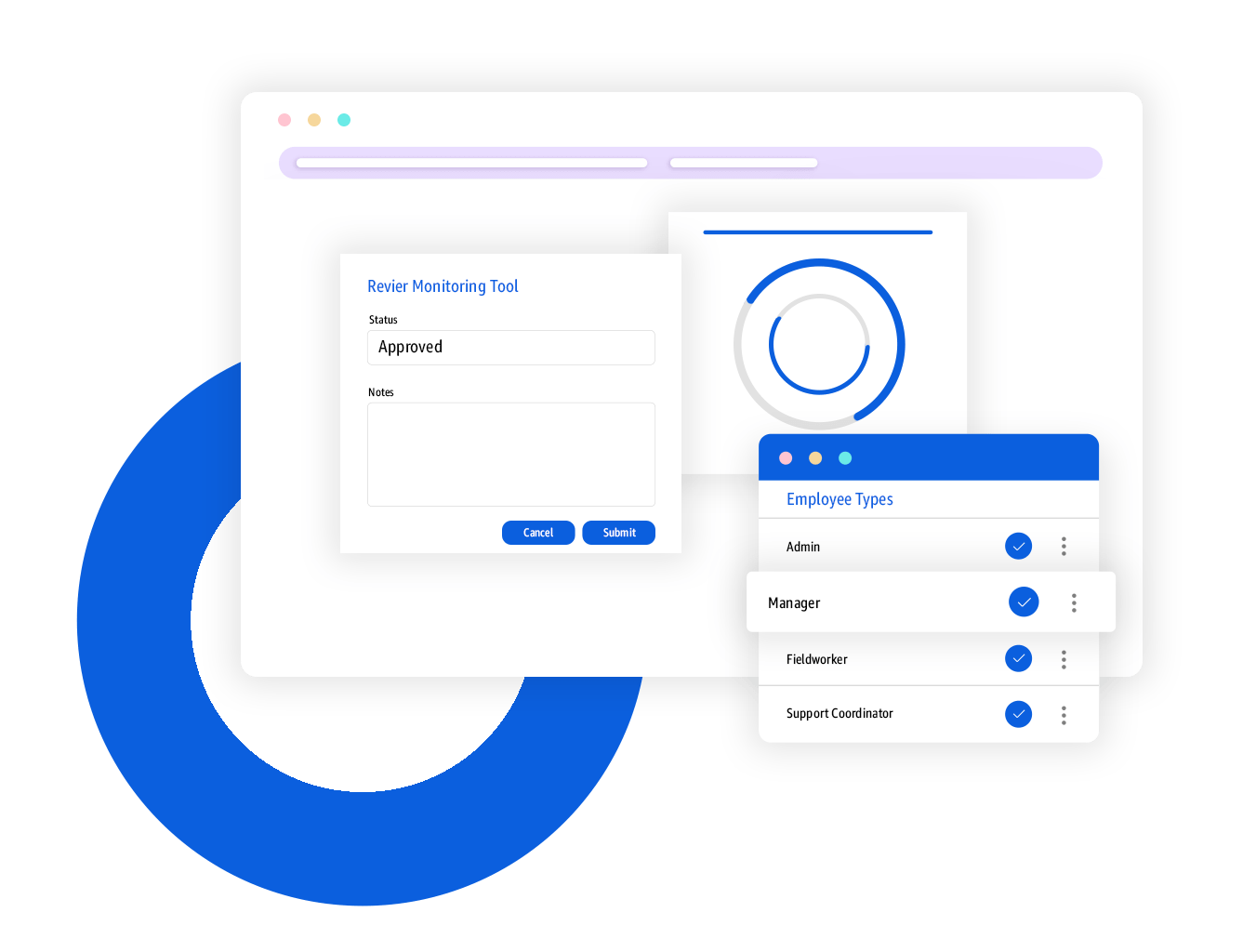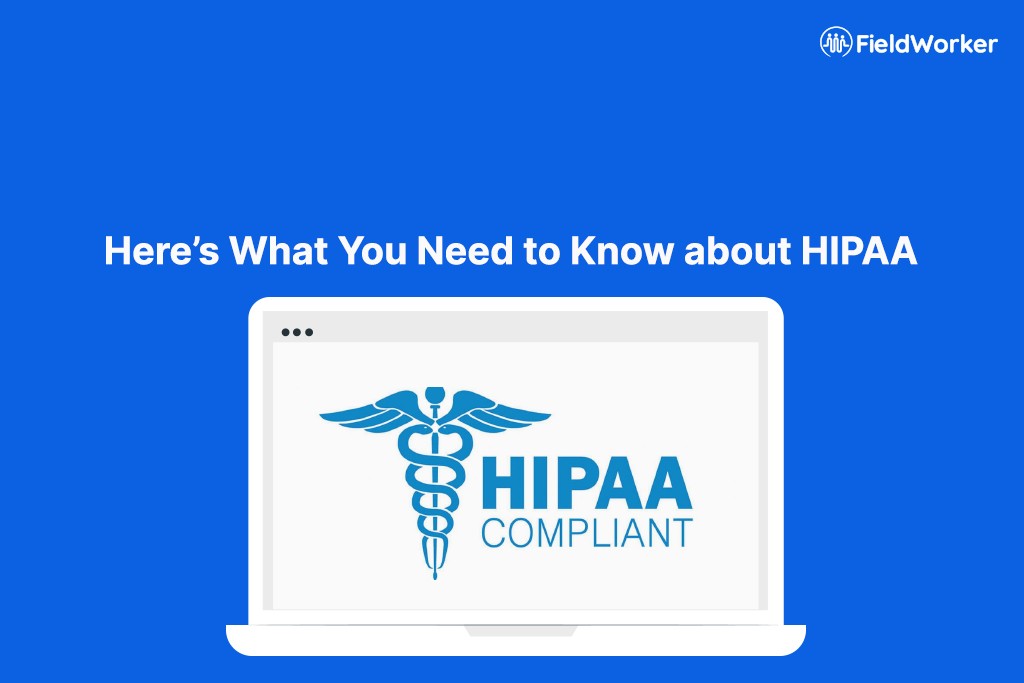HIPAA – or Health Insurance Portability and Accountability Act – sets a precedent in sensitive data protection for patients. It is a series of supervisory regulations outlining the lawful disclosure and use of protected health information or (PHI).
Organizations handling protected health information should have a network of security measures in place. This includes physical and process security measures which should be strictly compliant with HIPAA’s guidelines. Other companies involved, like subcontractors and business associates must be HIPAA compliant as well.
HIPAA compliance is controlled by the (HHS), or the department of Health and Human Services. HIPAA compliance is also enforced through the OCR – or Office of Civil Rights. In addition to any new health care issues, the OCR’s role with HIPAA compliance comes with frequent scrutiny of HIPAA violations.
Why do we need HIPAA Compliance?
According to HHS, the more (PHI) is moved over to computerized operations. HIPAA compliance is going to be an essential need.
In spite of the benefits of mobility and efficiency presented by electronic systems, there are also big security risks when it comes to healthcare data. PHI isn’t the only information ging digital – electronic health records (EHR), pharmacy and laboratory systems are also becoming increasingly computerized.
As a way of safeguarding the patient’s health information, HIPAA guidelines and security rules are in place. Additionally, these security rules are flexible enough to permit an entity to implement technologies and more. This allows these entities to improve the efficiency, and quality of patient care overall.
5 Benefits of HIPAA Compliance
Being HIPAA compliant is now essential for healthcare organizations. It’s not just around to protect the privacy of patients. More importantly, to ensure their data is kept safe.
Apart from working with technology partners who are HIPAA compliant; Healthcare providers need to find the best ways to become HIPAA compliant. Some majors benefits and essentials of HIPAA compliance are below:
- Securing the procedure of sharing confidential health information.
- The Healthcare data of the patients is increased – that is their personal privacy.
- Medical errors are reduced substantially, leading to efficient auditing.
- Improving the productivity of the healthcare industry, all by streamlining different administrative functions of healthcare.
- Ensuring the protection of sensitive personal and health information, it is important that covered entities implement multiple defenses.
HIPAA Compliant Applications Save Time and Money
To protect sensitive customer data, organizations are ready to implement applications with HIPAA compliance. FieldWorker is one application that even exceeds the requirements of HIPAA as a business associate.
Infact, in the Business Associate Agreement (BAA), which is vital for covered entities to ensure they are HIPAA Complaint in everyway. Fieldworker agreed to always be responsible for keeping client information private, while any breach of personal health information will be reported immediately. Another benefit with FieldWorker are it’s EVV features which, are also subject to HIPAA privacy and security protections. That is according to CMS, the Centers for Medicare & Medicaid Services. This Social-work case management software is EVV-compliant (as per the Cures Act), utilizing a simple check-in and check-out interface – while making it simple to capture essential information. To learn more on EVV, click here
At the end of the day, the minimum requirements and guidelines of HIPAA must be implemented in the healthcare industry. As well as countering other evolving threats to security and privacy. Learn more on solutions that improve your organization’s productivity, and is HIPAA compliant like FieldWorker here.

